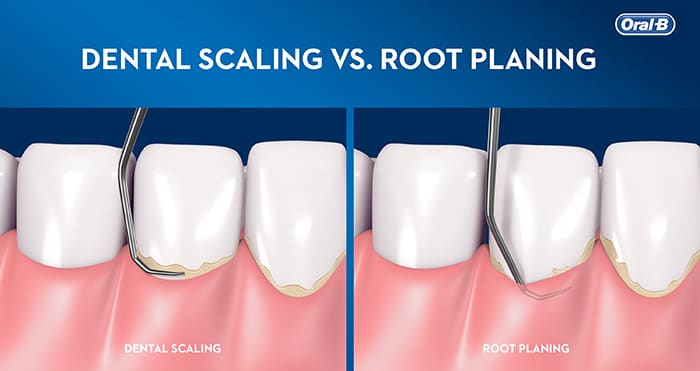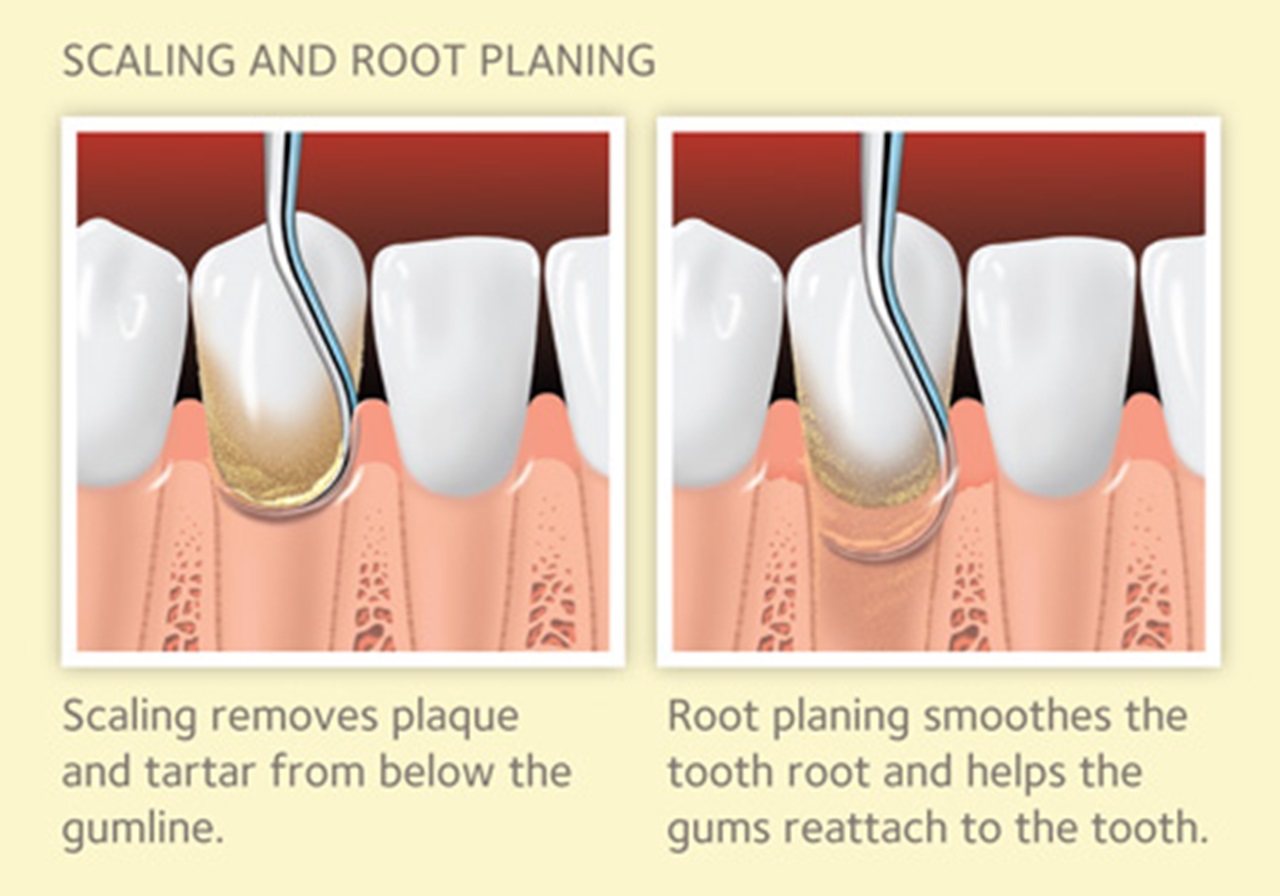
Introduction
Dental scaling is an essential procedure that helps maintain good oral health and prevent various dental problems. It involves the removal of plaque, tartar, and bacteria from the teeth and gums, ensuring a clean and healthy mouth. In this blog post, we will provide a step-by-step explanation of the dental scaling process, highlighting its importance and benefits.
Understanding Dental Scaling
Dental scaling is a common dental procedure that involves the removal of plaque, tartar, and bacteria from the teeth and gums. It is an essential part of maintaining good oral hygiene and preventing gum diseases such as gingivitis and periodontitis.
The Importance of Dental Scaling
Dental scaling is crucial for maintaining healthy teeth and gums. It helps remove the buildup of plaque and tartar, which can lead to tooth decay, gum inflammation, and bad breath. Regular scaling can prevent the progression of gum diseases and save you from more extensive and expensive dental treatments in the future.
Step-by-Step Explanation of the Dental Scaling Process
Examination and Assessment
The first step in the dental scaling process is a thorough examination and assessment of your oral health. The dentist will inspect your teeth and gums, looking for signs of plaque, tartar, and gum diseases. X-rays may be taken to identify any underlying issues.
Anesthesia or Sedation
Depending on the severity of the scaling required and your comfort level, the dentist may administer local anesthesia or sedation to ensure a painless experience during the procedure.
Scaling

Once you are comfortable, the dentist will use specialized dental instruments, such as scalers and curettes, to carefully remove the plaque and tartar from the surfaces of your teeth and below the gumline. This process is known as scaling.
Root Planing
If there is significant tartar buildup below the gumline, the dentist may perform root planing. This involves smoothing the rough surfaces of the tooth roots to prevent bacteria from accumulating and causing further damage.
Polishing
After scaling and root planing, the dentist will polish your teeth using a rotating brush and a special toothpaste. This helps remove any remaining stains and leaves your teeth feeling smooth and clean.
Summary
Dental scaling is a crucial dental procedure that involves the thorough cleaning of teeth and gums to maintain optimal oral health. This process removes plaque, tartar, and bacteria, preventing the development of dental issues such as gum disease and tooth decay. By unders check this site out tanding the step-by-step process of dental scaling, individuals can appreciate its significance and make informed decisions about their oral care.
- Q: What is dental scaling?
- A: Dental scaling is a professional dental cleaning procedure that removes plaque, tartar, and stains from the teeth.
- Q: Why is dental scaling necessary?
- A: Dental scaling is necessary to prevent gum disease, remove bacteria and plaque buildup, and maintain oral health.
- Q: How often should dental scaling be done?
- A: Dental scaling is typically recommended every six months as part of a regular dental check-up and cleaning.
- Q: What happens during the dental scaling process?
- A: During dental scaling, a dental professional uses specialized tools to scrape off plaque and tartar from the teeth and along the gumline.
- Q: Does dental scaling hurt?
- A: Dental scaling may cause some discomfort or sensitivity, but local anesthesia can be used to minimize any pain.
- Q: How long does the dental scaling process take?
- A: The duration of dental scaling depends on the extent of plaque and tartar buildup, but it usually takes between 30 minutes to an hour.
- Q: Are there any side effects of dental scaling?
- A: Some common side effects of dental scaling include temporary tooth sensitivity, gum tenderness, and mild bleeding.
- Q: How can I maintain oral hygiene after dental scaling?
- A: To maintain oral hygiene after dental scaling, it is important to brush and floss regularly, use mouthwash, and schedule regular dental check-ups.

Welcome to my website! I’m Timothy Martens, a dedicated and experienced Periodontist specializing in dental braces, gum disease treatment, dental scaling, and toothpaste recommendations. With a passion for oral health and a commitment to providing exceptional care, I strive to help my patients achieve healthy and beautiful smiles.
